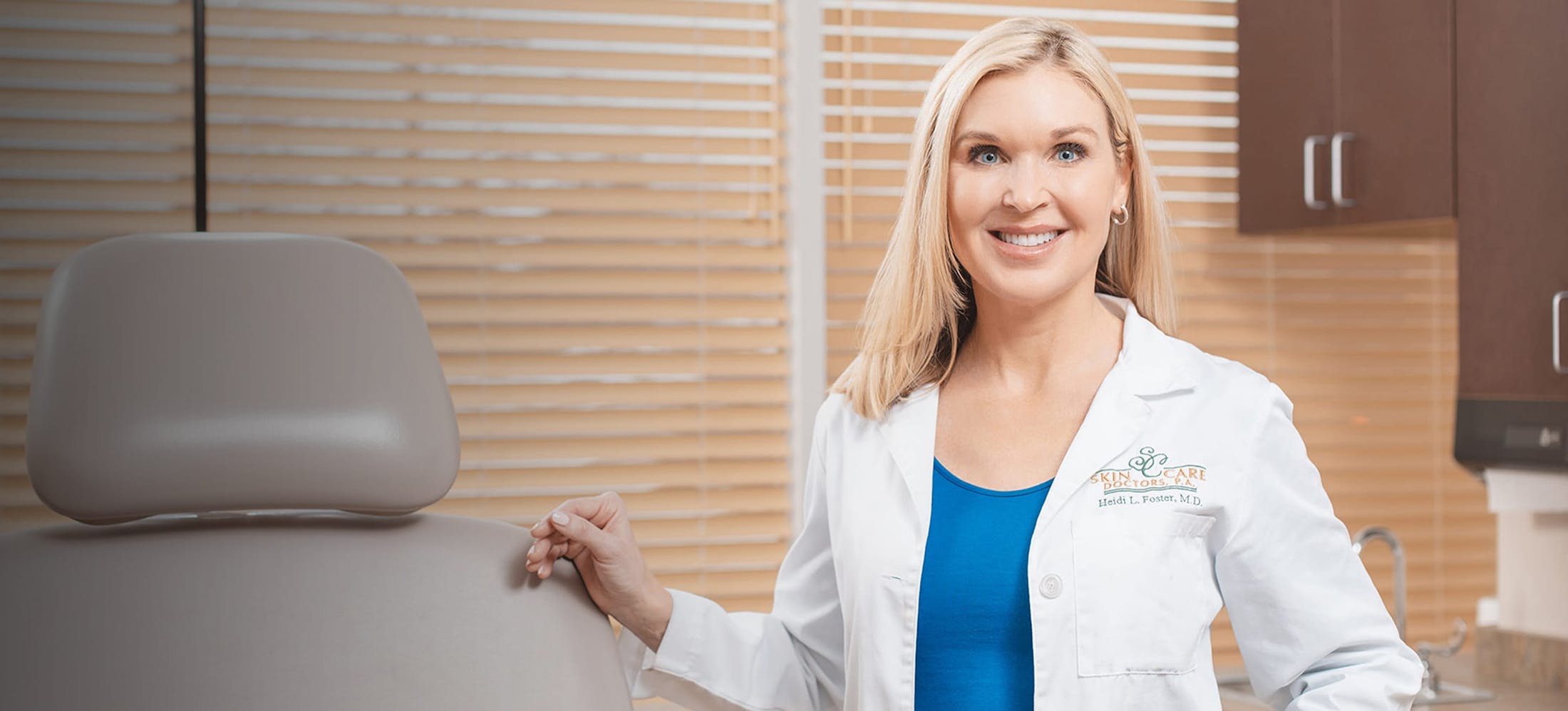
We are hiring at Skin Care Doctors!
We are hiring at Skin Care Doctors! Find out more! Share this entry Share on WhatsApp Share on Telegram ...
View More01
May

We are hiring at Skin Care Doctors! Find out more! Share this entry Share on WhatsApp Share on Telegram ...
View More01
May
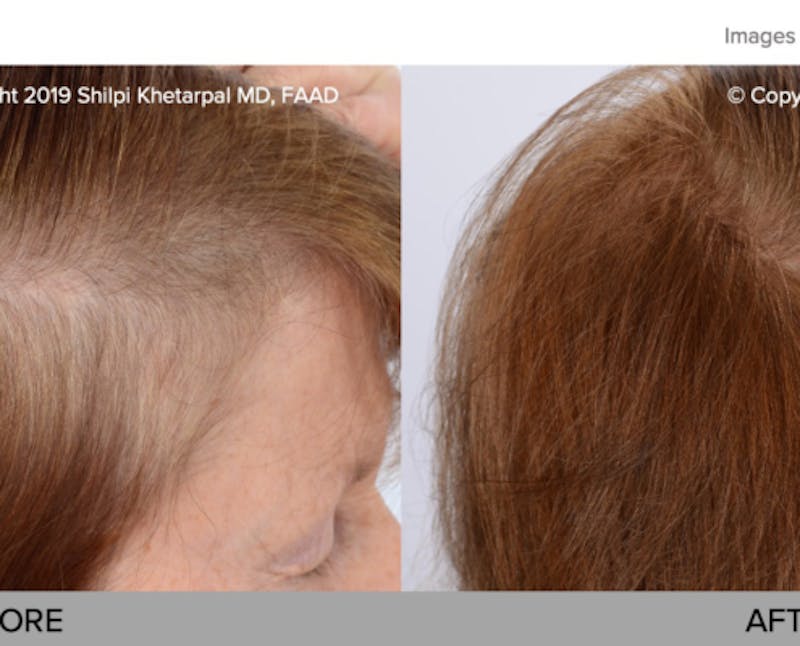
Introducing PRP Hair Restoration Skin Care Doctors, P.A. is excited to announce the expansion of our cosmetic treatments to better serve our patients with the addition of PRP for Hair Restoration. To celebrate, we're offering complimentary consultations for PRP for...
View More01
May

Acne Treatment Today, thanks to advances in dermatology, virtually every case of acne can be resolved. The board-certified providers at Skin Care Doctors, P.A. are trained to diagnose and effectively treat acne, in all ages and skin types. From Blue Light Acne Treatment to...
View More01
May

Dr. Ebertz Talks ‘Happy Feet'- Lake Minnetonka Magazine Skin Care Doctors, P.A., founding partner, Michael Ebertz M.D, talks healthy summer feet on a recent Wellness Feature from Lake Minnetonka Magazine with Madeline Kopiecki. ‘Tis the season...
View More01
May
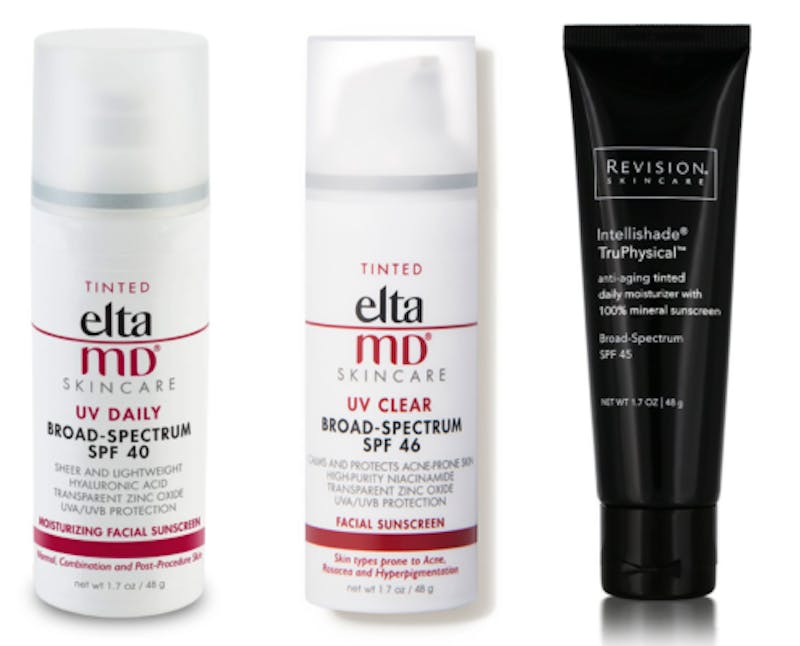
Our Top 3 Sunscreen Picks Sunscreens can prevent sunburn, reduce your risk of getting skin cancer, and help prevent early signs of skin aging. We want to share how to select a sunscreen, along with our Top 3 Sunscreen Pick for 2021! Choosing the right suns...
View More01
May
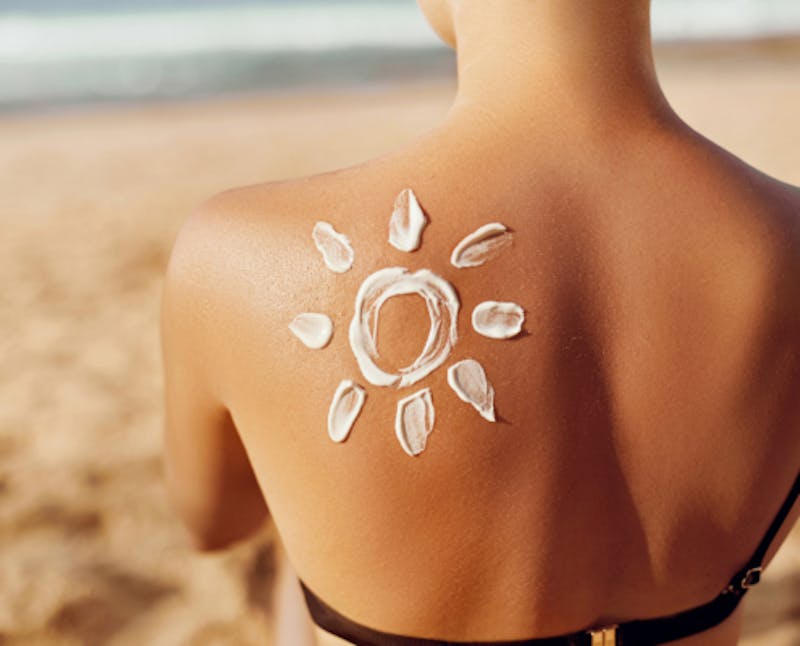
Skin Cancer Prevention May is Skin Cancer Awareness Month. Together with the American Academy of Dermatology, we want to help you protect your skin from the damaging effects of sun exposure. Follow these tips to protect your skin from the sun's damaging ultraviole...
View More01
May

ABC's Of Skin Cancer Skin cancer is the most common cancer in the United States, with millions of cases diagnosed each year. It’s also one of the most preventable cancers and highly treatable when found early. The type of skin cancer a person gets is determi...
View More01
May
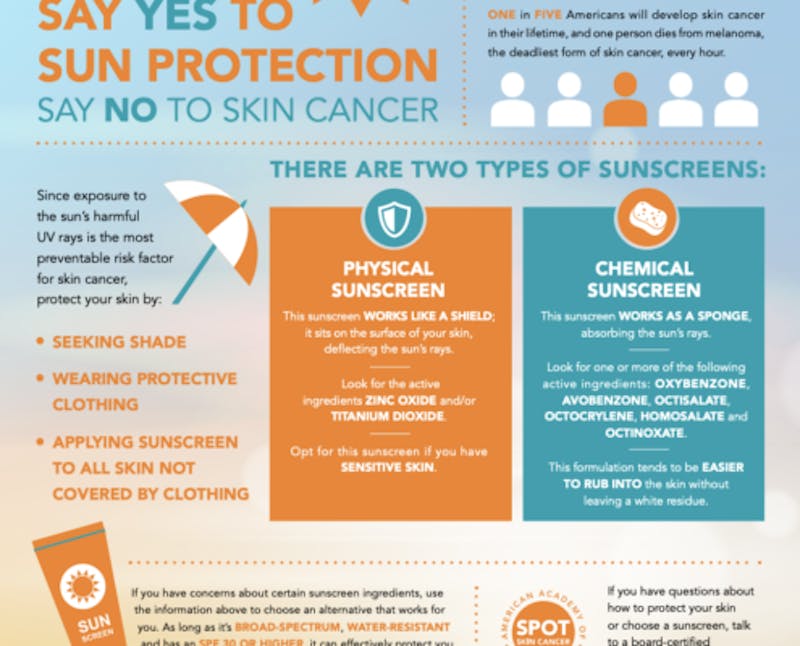
Say Yes to Sun Protection April is here, and we couldn't be more excited to soak up the rays! As we know, with the sunshine comes an extra need for sun protection. That’s why we’re here to share with you some helpful information from the Amer...
View More01
May
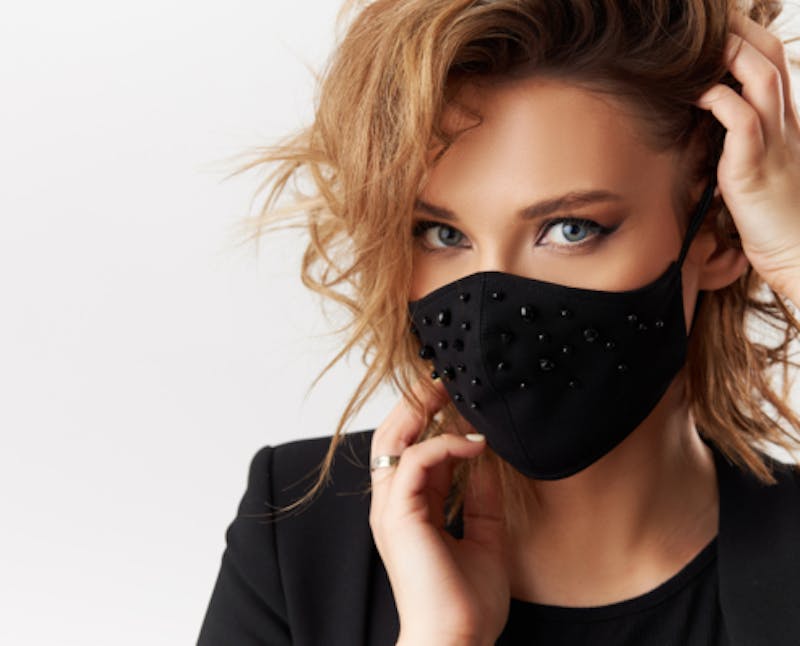
Acne-More Than Meets the Eye Acne is one of the most common conditions seen in a dermatology practice. There is a common belief that acne affects only teenagers. However, acne can affect males/females across the age spectrum. Common culprits for acne include stress, genetics...
View More01
May

Cold Weather is Tough on Skin Cold weather is tough on skin. Cold temperatures and low humidity levels result in dry air that draws moisture away from the skin. Harsh winter winds and dry indoor heat can make the problem worse and lead to cracked and even bleeding skin. S...
View More